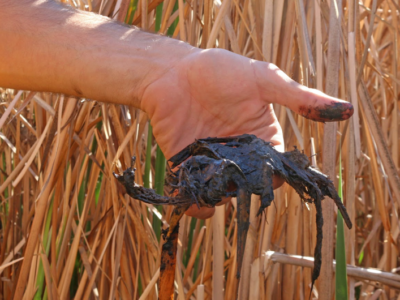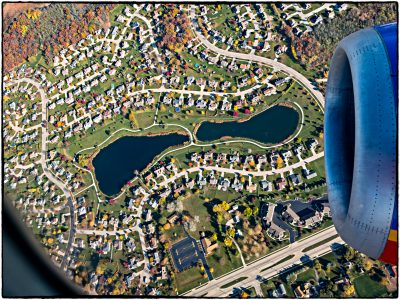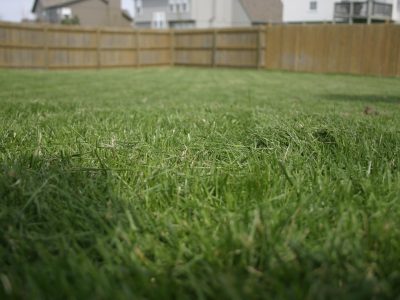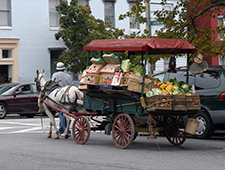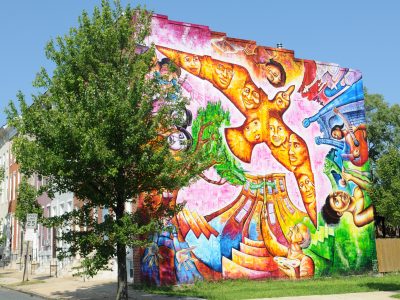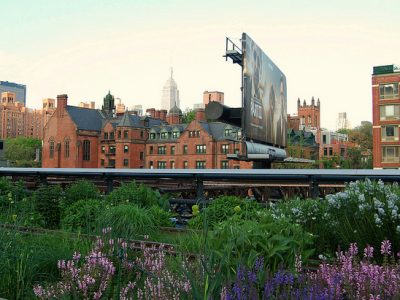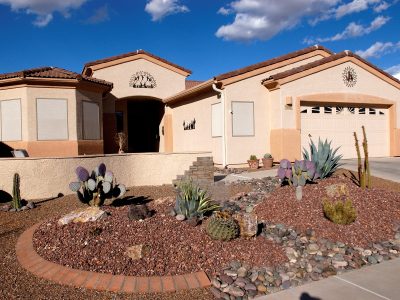LTER Road Trip: Decomposing Cactus in the Arizona Desert
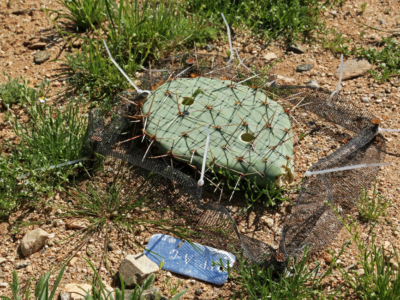
Flowers bloomed in the mountain desert outside of Phoenix, Arizona, and I leapt out of the car near the Central-Arizona Phoenix Long Term Ecological Research (CAP LTER) site’s research plots. At first, it was the saguaro cacti that completely arrested my attention. Tall and thick, the giant cacti reached to the sky like hands; the… Read more »

